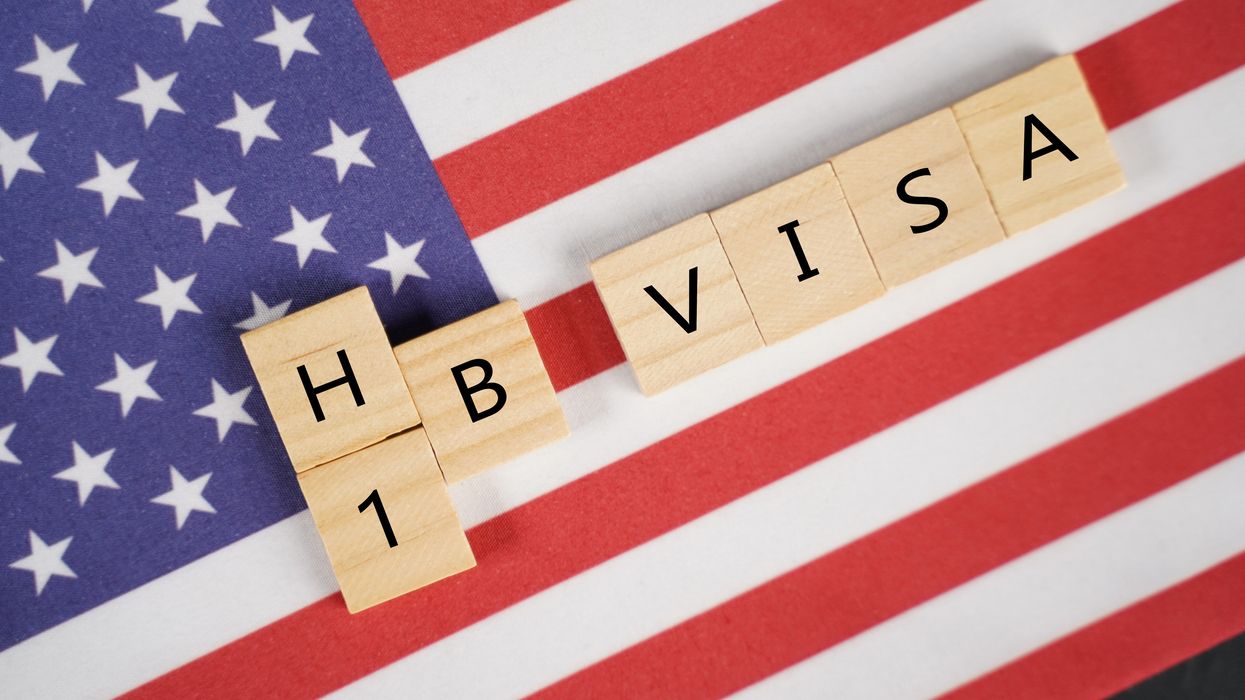Highlights:
- DHS proposes new rules to limit stay for foreign students and media personnel in the US
- F visa “duration of status” system could be replaced with fixed terms
- Trump team plans changes to H1B and Green Card processes
- Proposal comes amid US-India tensions over tariffs on Russian oil
THE TRUMP administration has proposed new rules to limit how long foreign students and media personnel can stay in the United States.
The Department of Homeland Security (DHS) said in a statement on Wednesday that if finalised, the rule would restrict the stay of certain visa holders, including students.
Change to “duration of status” rule
Since 1978, foreign students on F visas have been admitted to the US for an unspecified period known as “duration of status”. Unlike other visas, this designation allows students to remain in the country indefinitely without further screening, according to DHS.
ALSO READ: Trump’s doubling of tariffs on Indian imports takes effect
The administration said some students have used this policy to stay in the country as “forever” students by continuously enrolling in higher education programmes.
“For too long, past administrations have allowed foreign students and other visa holders to remain in the US virtually indefinitely, posing safety risks, costing untold amounts of taxpayer dollars, and disadvantaging US citizens,” a DHS spokesperson said.
“This new proposed rule would end that abuse once and for all by limiting the amount of time certain visa holders are allowed to remain in the US,” the spokesperson added.
Visa limits for foreign media
Foreign media personnel working in the US on an I visa currently receive a five-year visa that can be extended multiple times. Under the proposed rule, the initial admission period would be up to 240 days.
ALSO READ: Tariff surge threatens one-third of India’s diamond exports
They could seek an extension of up to another 240 days, but not longer than the duration of their temporary assignment.
Four-year cap for students and exchange visitors
Under the plan, foreign students and exchange visitors would be allowed to stay for the length of their programme, but not longer than four years.
Extending stays would require applying to the United States Citizenship and Immigration Services (USCIS), giving DHS the authority to reassess visa holders before approving additional time.
This proposal was originally introduced by the Trump administration in 2020 but withdrawn in 2021 under President Biden.
Planned changes to H1B and Green Card
Separately, US Secretary of Commerce Howard Lutnick said the administration plans to change the H1B programme, widely used by Indian IT professionals, as well as the Green Card process.
ALSO READ: India to Continue US Trade Talks Despite Tariff Hike
“I'm involved in changing the H1B programme. We're going to change that programme, because that's terrible,” Lutnick told Fox News on Tuesday.
He added that changes are also being planned for the Green Card system that provides permanent residency in the US.
Strain in US-India ties
The proposal comes amid tensions between the US and India after the Trump administration imposed 50 per cent tariffs on Indian purchases of Russian oil, effective from Wednesday.
(With inputs from agencies)





